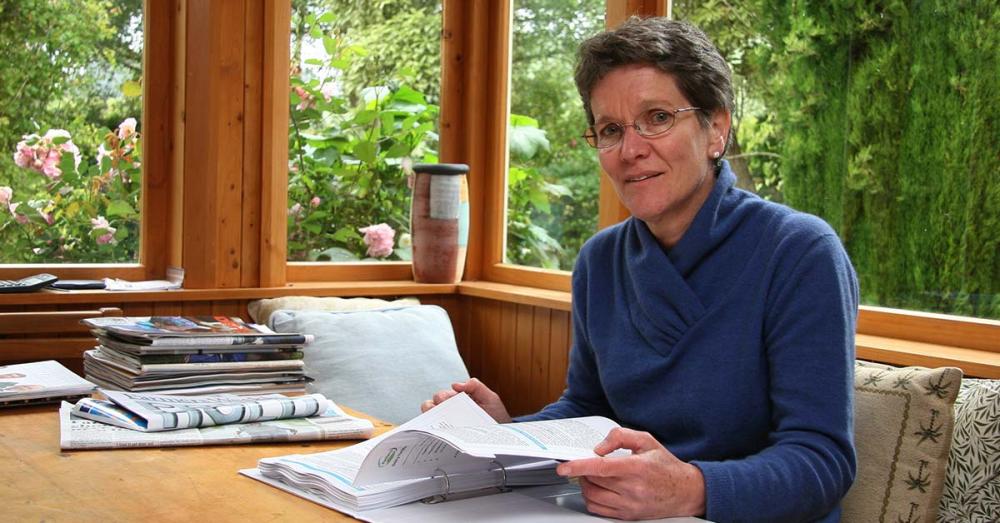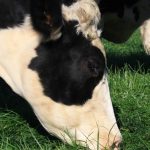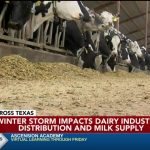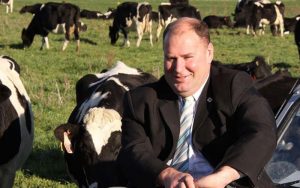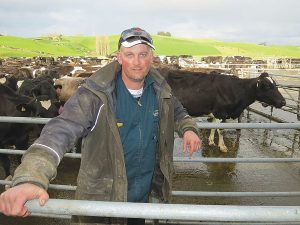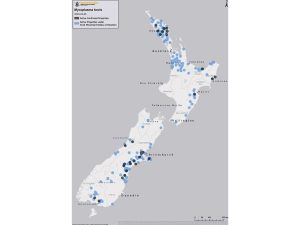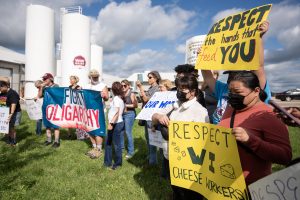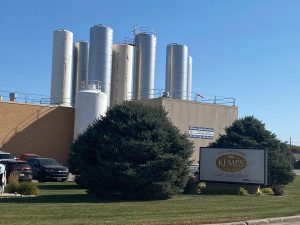
Driven by the programme partners, the Ministry for Primary Industries (MPI), DairyNZ, and Beef + Lamb NZ (B+LNZ), the review is deemed best practice given the scale of the eradication programme.
It will also fulfil a commitment made to farmers at the start of the programme, DairyNZ chair Jim van der Poel says.
“Eradicating Mycoplasma bovis is hard work, but with the whole sector working together we have made really good progress,” Van der Poel said.
“It is best practice to carry out a review of an eradication programme of this scale.
“It’s important we capture what we’ve learned and utilise it for anything we might face in the future.”
B+LNZ chair Andrew Morrison says continuous improvement is the next step of the journey.
“There’s been a lot of good work by farmers and people involved in the programme, and we have worked hard to make improvements,” Morrison said.
“We have a philosophy of continuous improvement and this review is the next step in our journey.”
Nicola Shadbolt has been appointed chair of the review panel.
A farmer with significant experience in the agriculture sector in NZ, Shadbolt is a professor of farm and agribusiness management at Massey University.
She has authored more than 100 research articles, is editor of two international academic journals and co-edited the textbook, Farm Management in New Zealand.
Roger Paskin, Caroline Saunders and Tony Cleland are the three appointed review panel members.
Paskin is the former chief veterinary officer for the Department of Primary Industries and Regions, South Australia, where he had technical oversight of all animal disease control, surveillance, traceability and health certification programmes.
He was engaged by DairyNZ to review case and data management of the M bovis programme in 2019.
Saunders is president of the UK Association of Agricultural Economists and has significant experience in the agribusiness and biosecurity sectors, including nine years as a member of the Biosecurity Ministerial Advisory Committee.
She is a professor of trade and environmental economics at Lincoln University and director of its Agribusiness and Economics Research Unit, and has undertaken research for a wide range of private and public organisations, including the EU Commission, the Ministry of Foreign Affairs and Trade (MFAT), the Treasury and Fonterra.
Cleland is chair of the FMG board and has extensive experience in the rural sector as a dairy farmer, and one of the founders and a director of FarmRight, a company which manages $1 billion of assets.
He has held a range of governance roles, including director of several large-scale farming businesses.
Shadbolt says it is important to consider what could be learnt from the M bovis response to strengthen NZ’s biosecurity system.
“The Government and farmers have committed a great deal of time and effort to eradicating M bovis, and it’s been a significant undertaking for everyone involved,” Shadbolt said.
“We can learn a lot from looking at the response overall, and understanding what went well from the beginning, what changed as the programme made improvements and what can be taken onboard for future biosecurity responses.”
The M bovis Governance Group’s independent chair Kelvan Smith says the review has a different focus from previous reviews, such as analysis by the Technical Advisory Group (TAG), which focused on the possibility of eradication.
“The eradication programme is going well, as shown by the reduced number of farms under controls over the past year,” Smith said.
“Everyone involved has played their part and I thank everyone for their efforts to date.”
Farmers will be invited to take part in the review in due course.
The review is expected to take at least six months and will be shared publicly once completed.
